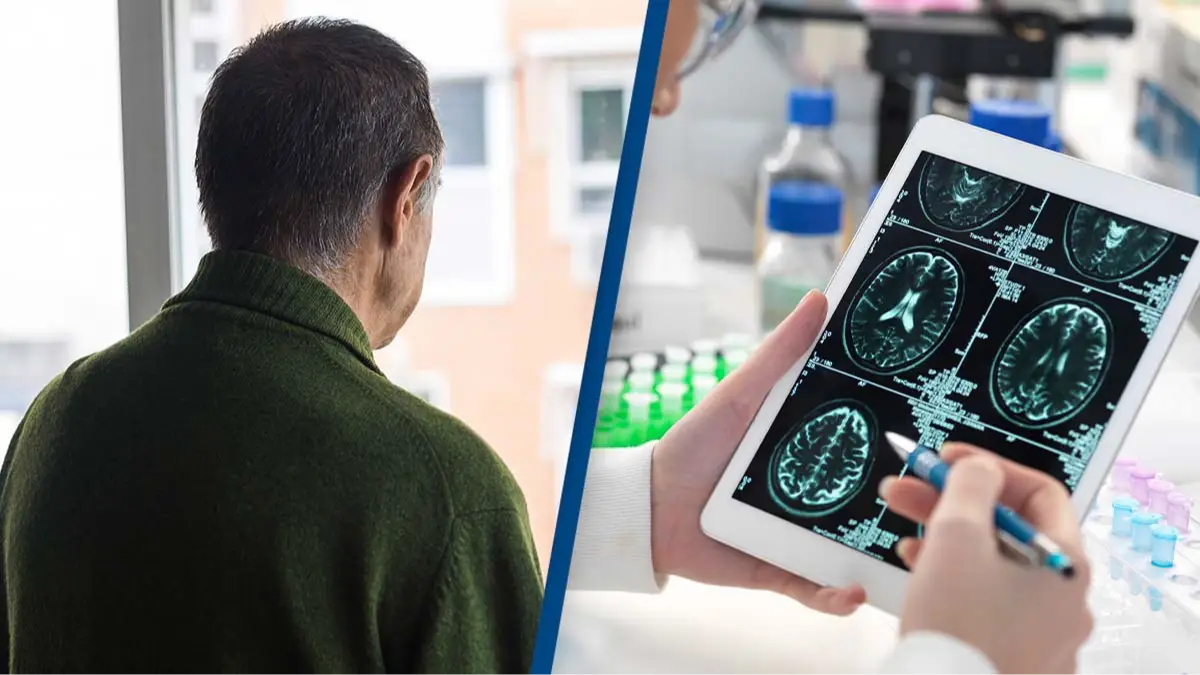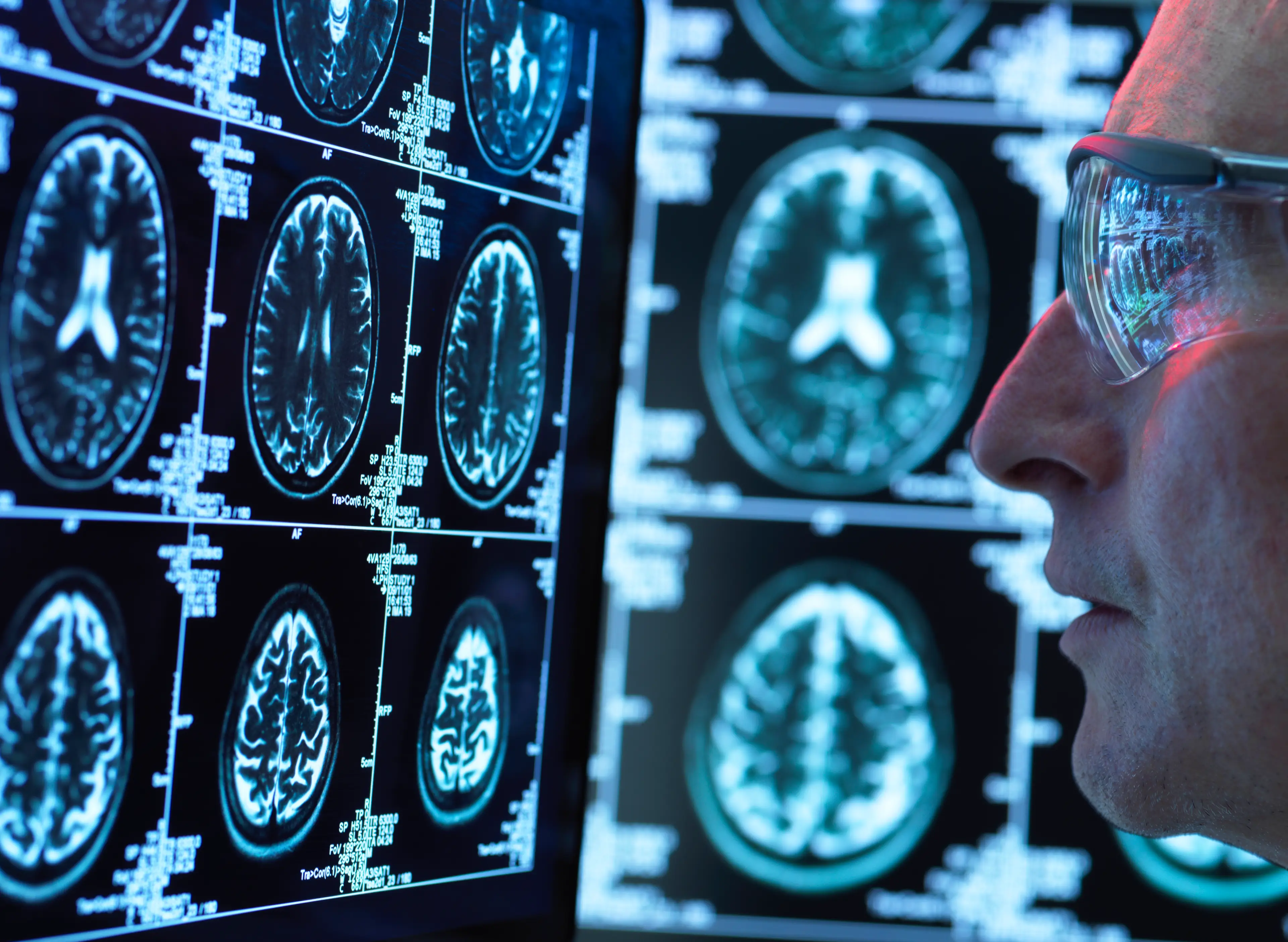
Scientists working on Alzheimer's disease have found that the condition can be spread from person to person - however, only in rare medical incidences.
Evidence emerged from patients who'd received a growth hormone from people who had Alzheimer's, researchers said.
According to the research, which was published in January 2024, some of the patients then went on to develop early onset symptoms of the condition.
Advert
The condition was observed in people who received transplants from the pituitary glands of deceased donors.
The pituitary gland sits right in the centre of the brain roughly level with the eyes and makes, stores, and releases hormones into the body.
The practice is no longer allowed to be carried out as, according to The Guardian, a number of people died from hormone samples containing Creutzfeldt-Jakob disease (CJD) - which is a fatal brain condition that worsens over time.
According to the study, this 'raised the possibility that c-hGH recipients who did not die from iCJD may eventually develop AD'.
But despite the alarming discovery, there is no reason for any concern as experts have been very clear that this does not mean that you can catch Alzheimer's in the same way that you could catch a cold.

Prof John Collinge, a co-author of the study, said: “We’re not suggesting for a moment you can catch Alzheimer’s disease.
"This is not transmissible in the sense of a viral or bacterial infection.
“It’s only when people have been accidentally inoculated, essentially, with human tissue or extracts of human tissue containing these seeds, which is thankfully a very rare and unusual circumstance.”
Andrew Doig, a professor of biochemistry at the University of Manchester, also stressed that any trial involving the transfer of tissue involves high levels of caution.

He said: “While the new type of Alzheimer’s reported here is of great scientific interest, as it reveals a new way to spread the disease, there is no reason to fear it, as the way in which the disease was caused was stopped over 40 years ago.
“Disease transmission from human brain to brain in this way should never happen again.”
As rare as these medical accidents are, it shows that people can develop Alzheimers in an additional way - with many cases often caused by risk factors relating to age or genetic mutations.
And whether Alzheimers can be passed down through genetics, however, has found to be more common than scientists initially thought.
While it is shown that genetics can play a factor, it is considered a 'tiny proportion' of cases, according to the Alzheimer's Society.
However, researchers in Spain and the US studied over 3,000 brains from another 10,000 people and found that carrying two copies of same gene could account for 1 in 6 cases, CBS reports.
This discovery, scientists say, has become crucial to developing treatment for this particular gene.
Topics: News, US News, UK News, Science, Mental Health
